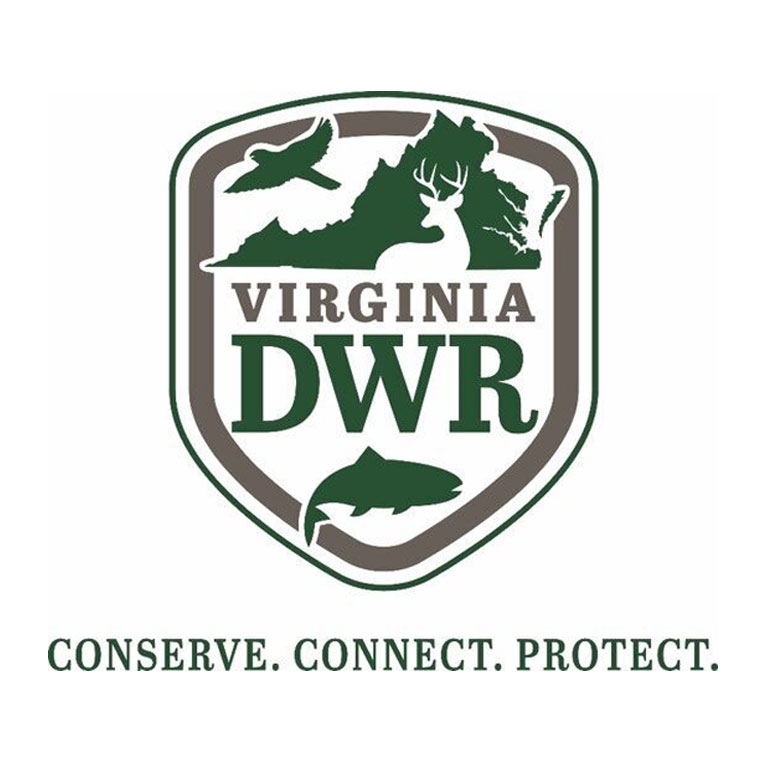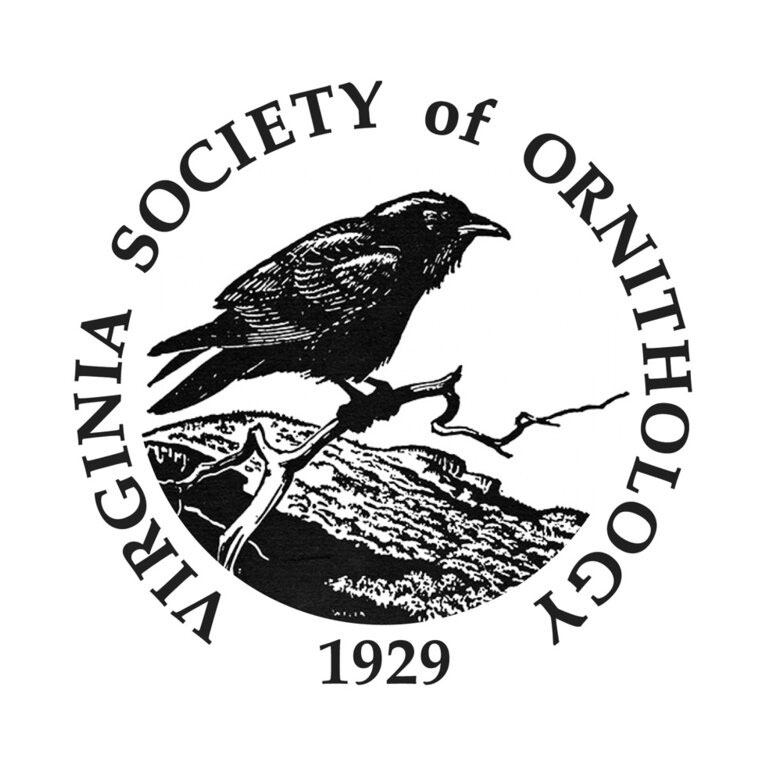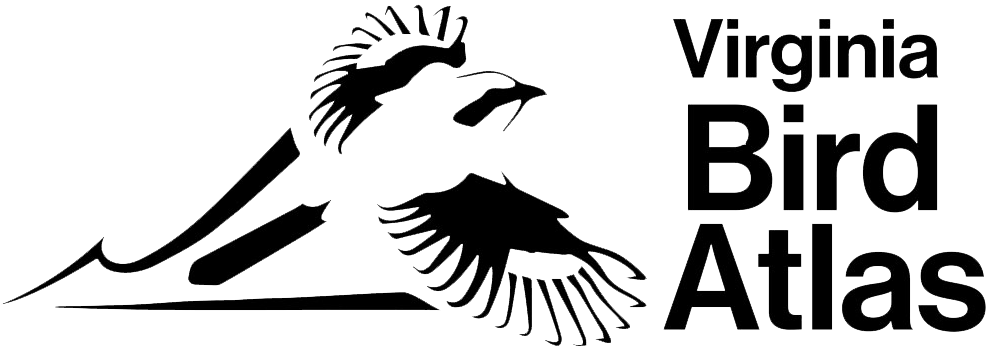
Virginia Department of Wildlife Resources
The Virginia Department of Wildlife Resources (VDWR) is the state agency responsible for managing and conserving Virginia’s wildlife and inland fish populations. The agency was formerly known as the Virginia Department of Game and Inland Fisheries, before being renamed in 2020 to better reflect its broader conservation values. Wildlife conservation is at the core of VDWR’s mission, and the agency has contributed significantly to avian conservation since it was founded. VDWR works with a variety of species, including waterfowl, upland game birds, marsh birds, shorebirds, colonial waterbirds, raptors and a number of priority landbirds ranging from the Red-cockaded Woodpecker to the Golden-winged Warbler. These efforts have contributed to the successful recovery of multiple bird species and to the ongoing recovery of others.

Virginia Society of Ornithology
The Virginia Society of Ornithology (VSO) is a nonprofit organization dedicated to the conservation of Virginia’s birds through research and education, and by connecting people of all genders, races, identities, and abilities who enjoy birds. The VSO has a long and rich history. Since 1929 the Society has grown in number of members and in breadth of outreach. The VSO has been central to many ornithological pursuits for over 90 years and our reach continues to grow. Anyone who is interested in deepening their knowledge of birding and ornithological pursuits in Virginia are encouraged to read past issues of the VSO’s journal, The Raven.

Conservation Management Institute
The Conservation Management Institute is an active partner in the management of natural resources in Virginia, across North America, and around the world. Institute project teams comprised of research faculty, staff, and students engage resource management agencies and organizations to understand their objectives and constraints in order to produce quality solutions through hard work and the application of sound science. Our researchers employ a range of skills, knowledge, and talents with particular strengths in field ecology, geospatial information technology, resource assessment, and logistical support.
